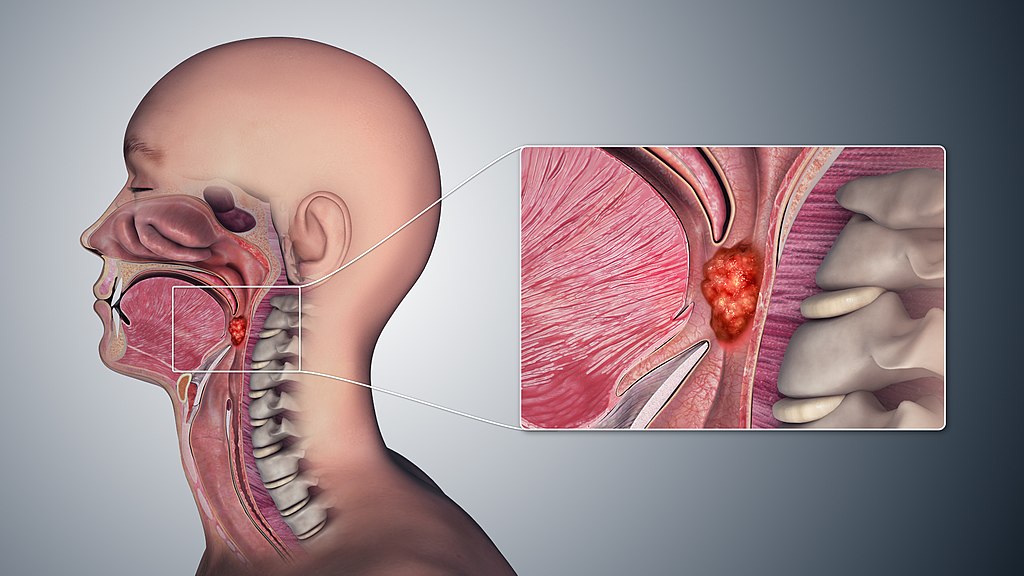Liquid Biopsy Predicts Therapy Response in Patients with Late-Stage Throat Cancer
By LabMedica International staff writers
Posted on 30 Nov 2021
A liquid biopsy approach that measures levels of circulating tumor DNA (ctDNA) predicts therapy response in patients with stage III oropharyngeal squamous cell carcinoma (OPSCC) when used at an early point in the treatment procedure.Posted on 30 Nov 2021
Head and neck squamous cell carcinomas (HNSCC) constitute 3–5% of all malignancies worldwide and there are approximately 600,000 newly diagnosed cases annually. The majority of patients with HNSCC present with locally and/or regionally advanced disease at diagnosis. Despite the rising incidence of HPV + oropharyngeal squamous cell carcinoma (OPSCC), treatment of metastatic disease remains palliative rather than curative. Even with new treatments such as immunotherapy, response rates are low and can be delayed, while even mild tumor progression in the face of an ineffective therapy can lead to rapid death. Real-time biomarkers of response to therapy could improve outcomes by guiding early change of therapy in the metastatic setting.

Image: Three dimensional illustration of OPSCC showing cancer formation in the tissues of the oropharynx (Photo courtesy of Wikimedia Commons)
Investigators at the University of Michigan (Ann Arbor, USA) turned to a sensitive liquid biopsy-based PCR test for such biomarkers. The classical PCR test carries out one reaction per single sample. The digital PCR (dPCR) method also carries out a single reaction within a sample, however the sample is separated into a large number of partitions and the reaction is carried out in each partition individually. This separation allows a more reliable collection and sensitive measurement of nucleic acid amounts. The dPCR method has been demonstrated as useful for studying variations in gene sequences - such as copy number variants and point mutations - and it is routinely used for clonal amplification of samples for next-generation sequencing.
For the current study, the investigators conducted a randomized trial of patients with stage III OPSCC. In the patient cohort, 93 had MRI and PET imagining and 34 also had blood tests for liquid biopsy analysis before starting chemoradiation therapy and again at two, four, and seven weeks after treatment.
Results revealed that low pre-treatment ctDNA and an early increase in ctDNA at week two compared to baseline values were significantly associated with superior freedom from progression (FFP). At week four or seven neither ctDNA counts nor clearance were significantly predictive of progression. In addition, the ctDNA values at week two correlated with imaging metrics in the primary tumor. Multivariate analysis showed that ctDNA and the imaging metrics performed comparably to predict FFP.
“Rates of throat cancer have steadily increased in recent years, driven by HPV infections, fueling the need for biomarkers to help guide treatment decisions, especially for locally advanced disease,” said senior author Dr. J. Chad Brenner, associate professor of otolaryngology at the University of Michigan.
The study was published in the October 26, 2021, online edition of the journal Clinical Cancer Research.
Related Links:
University of Michigan













